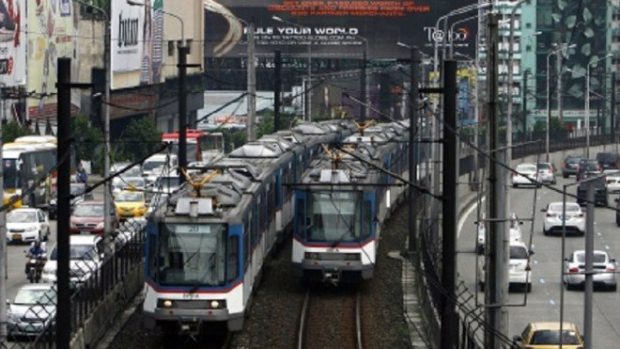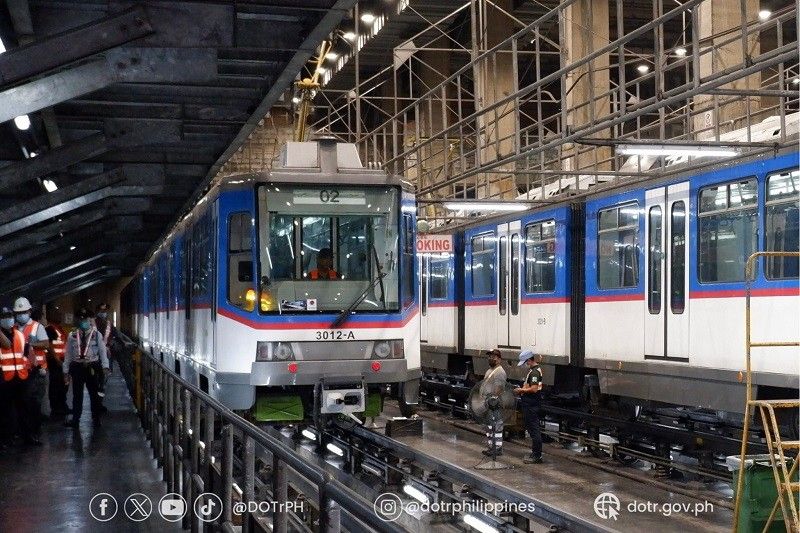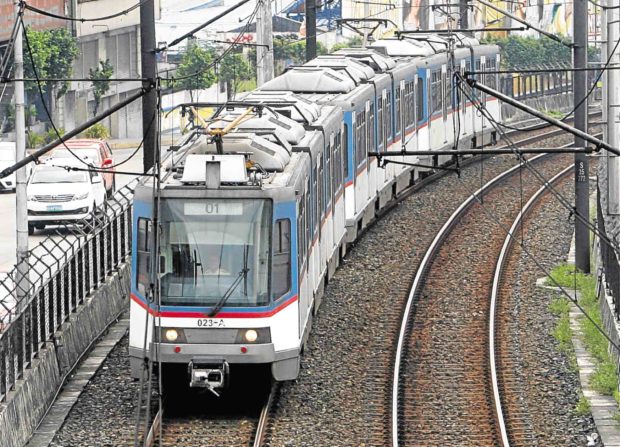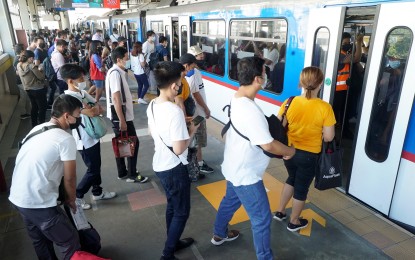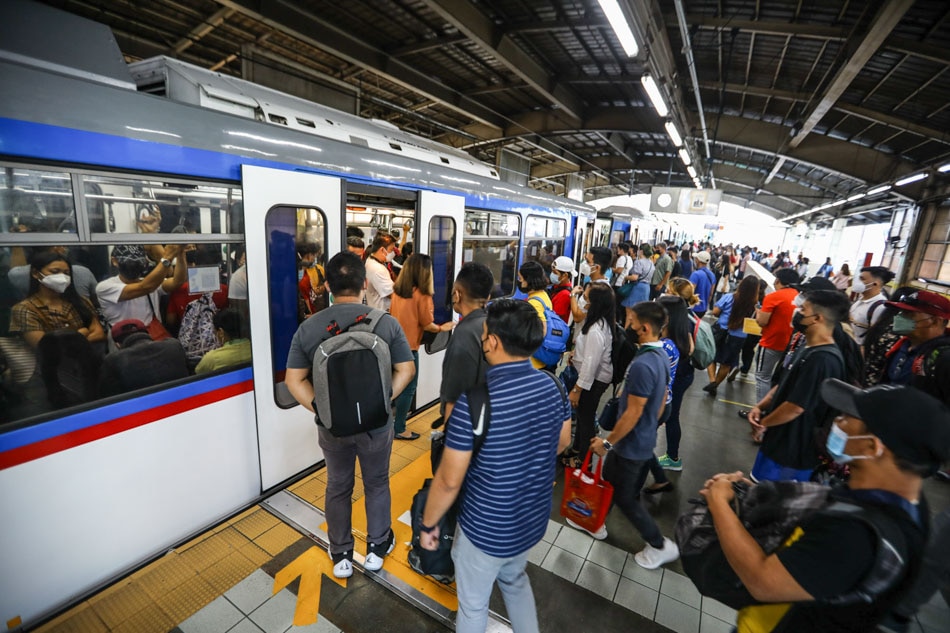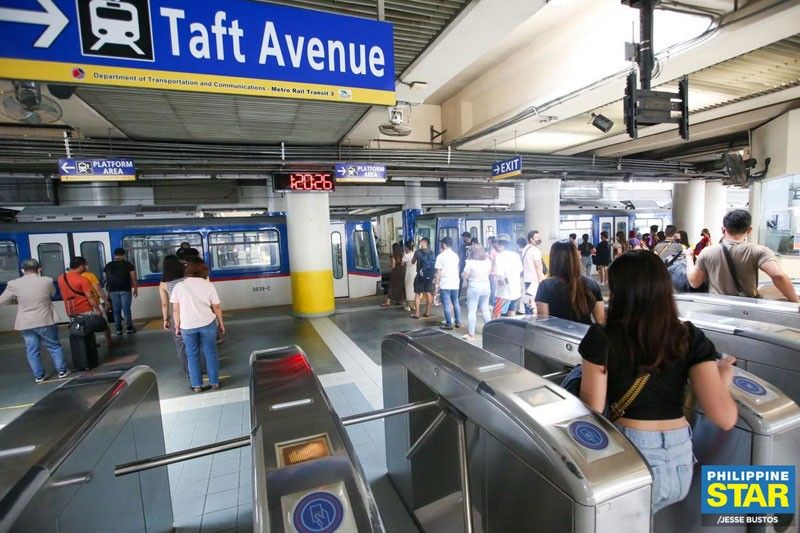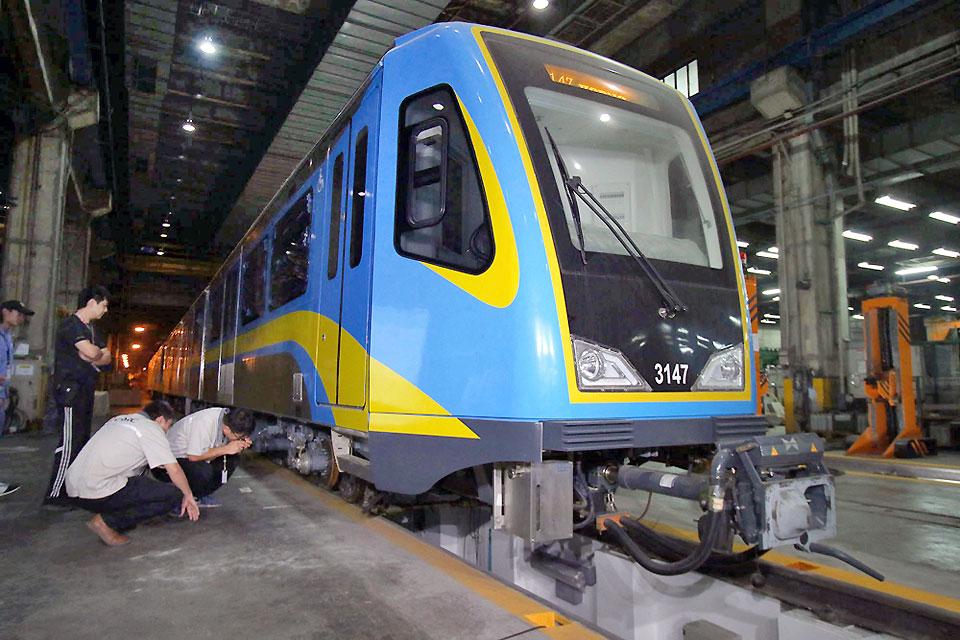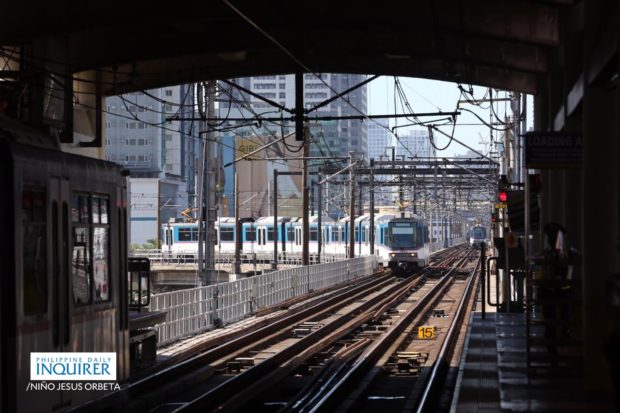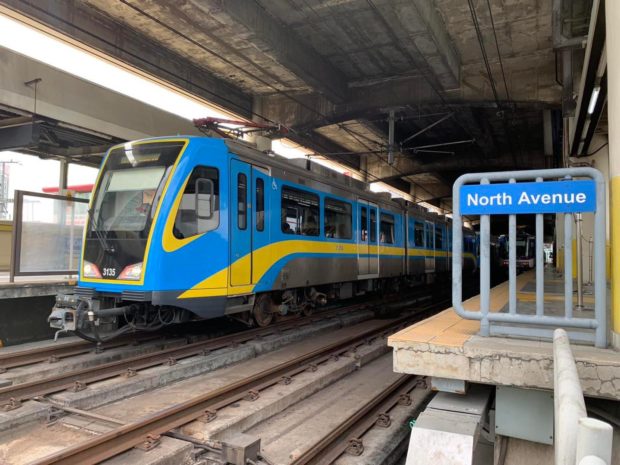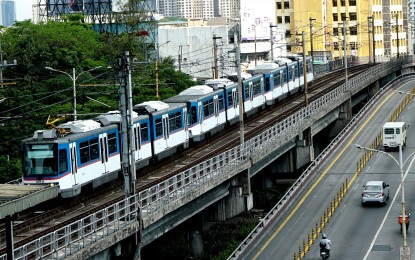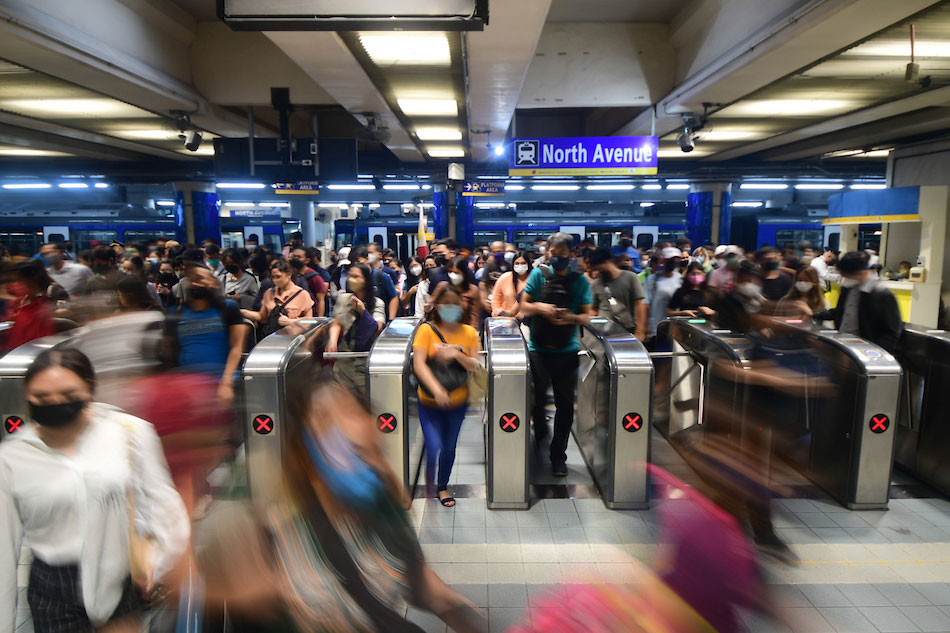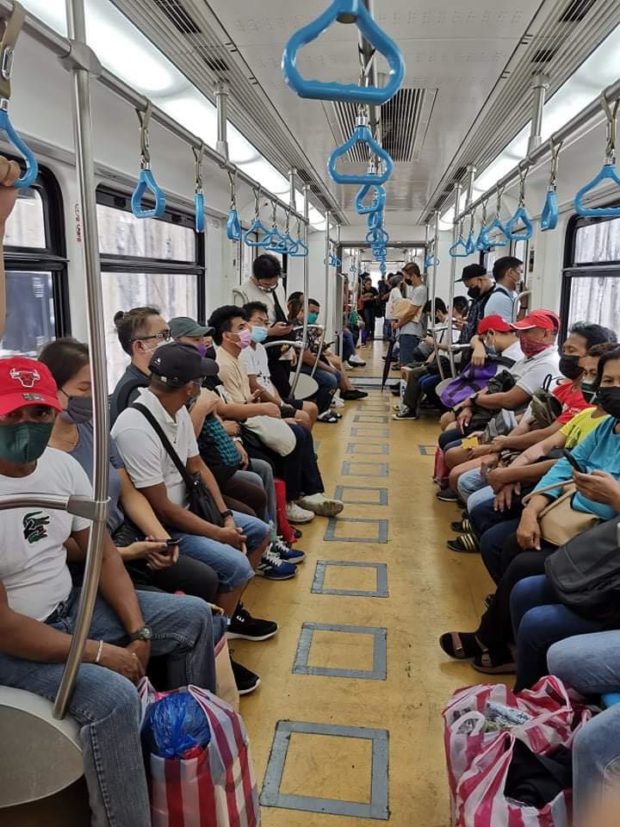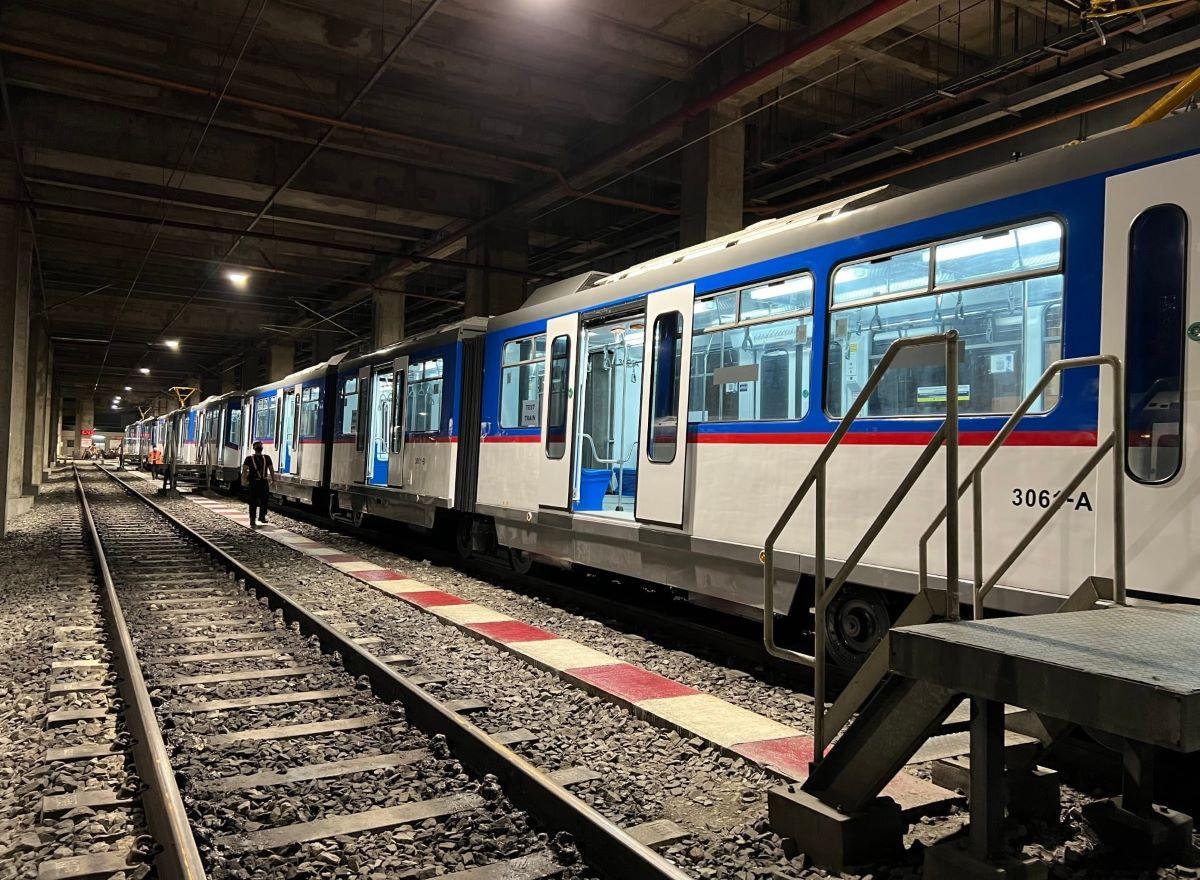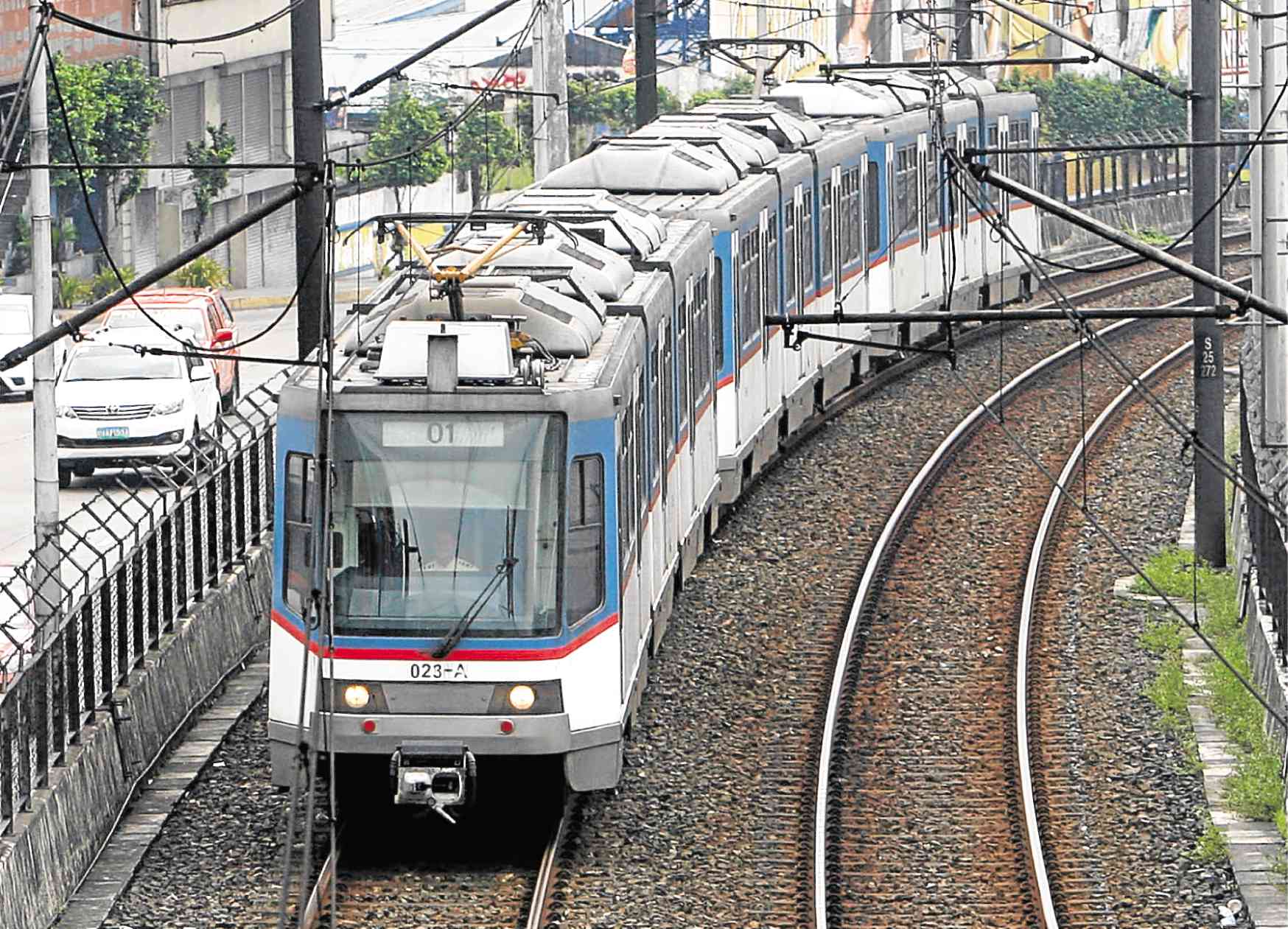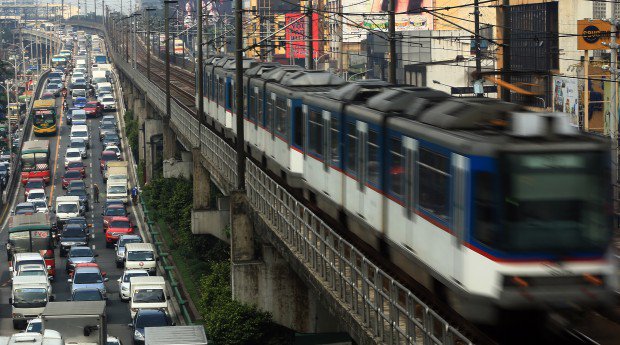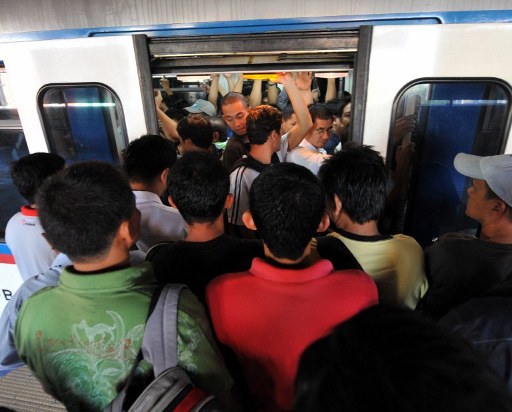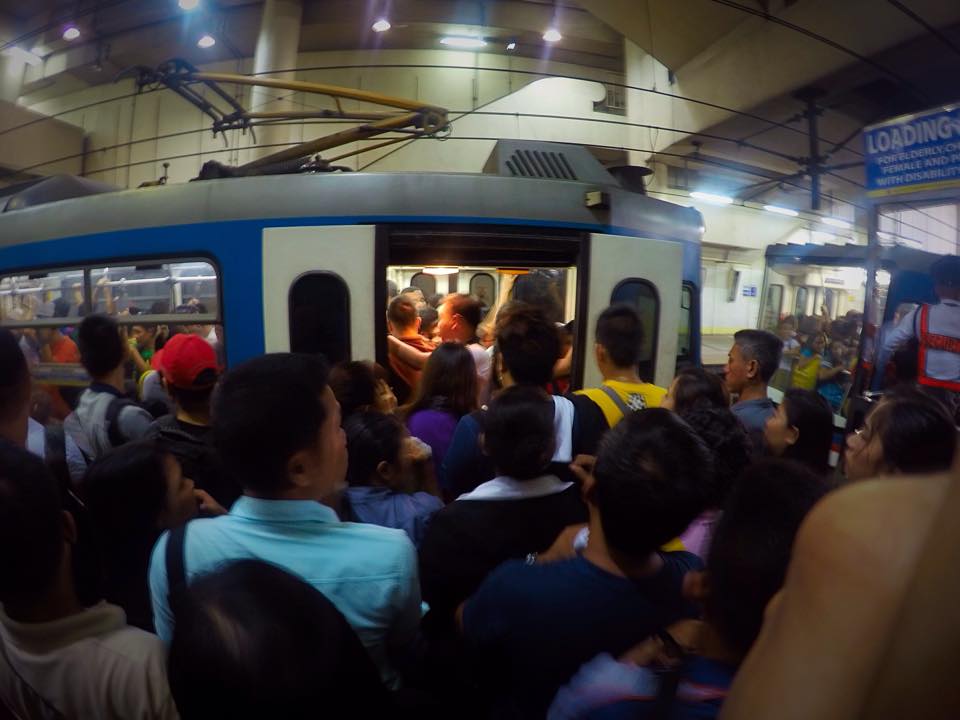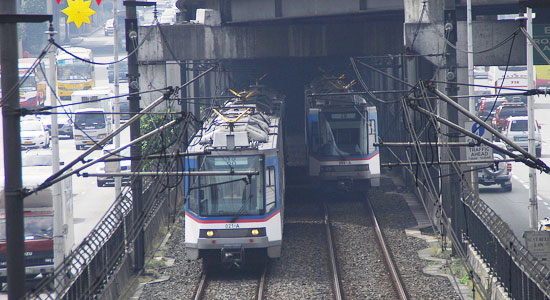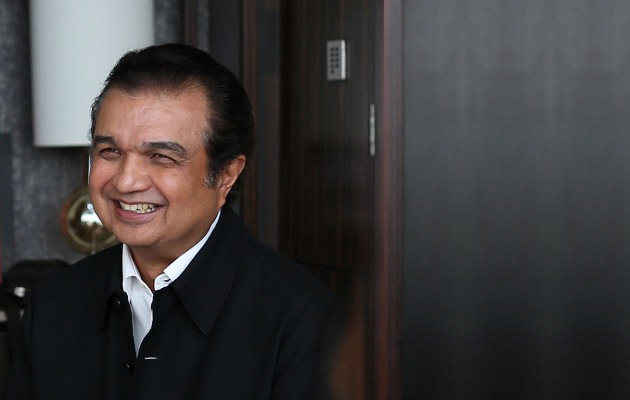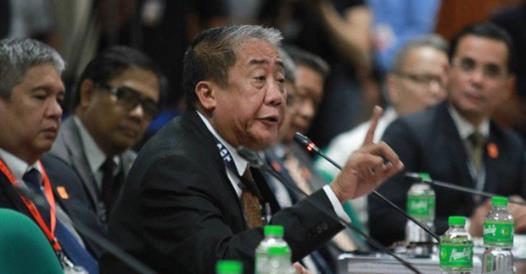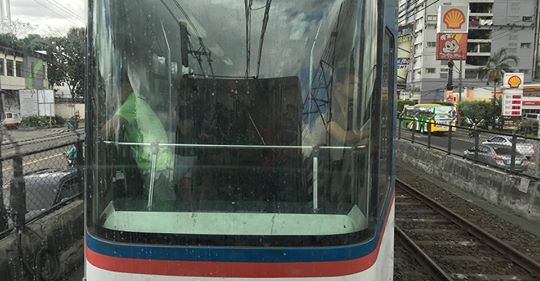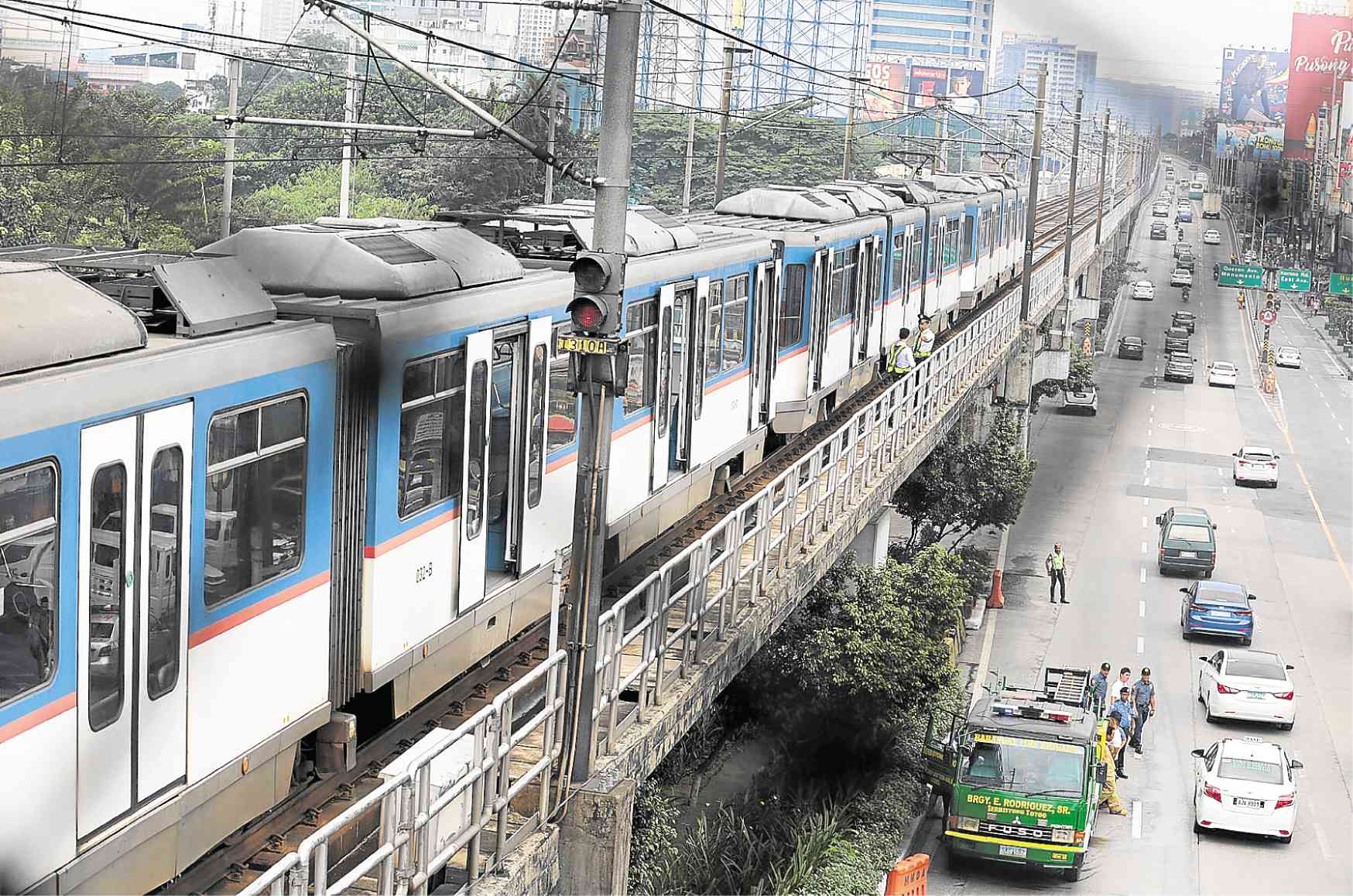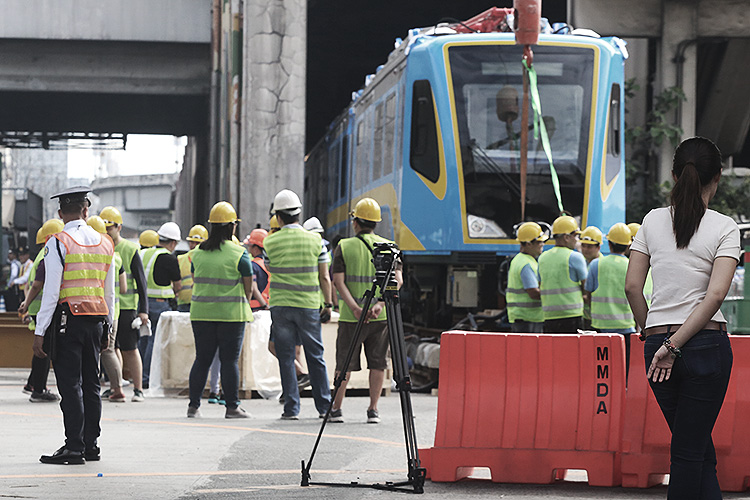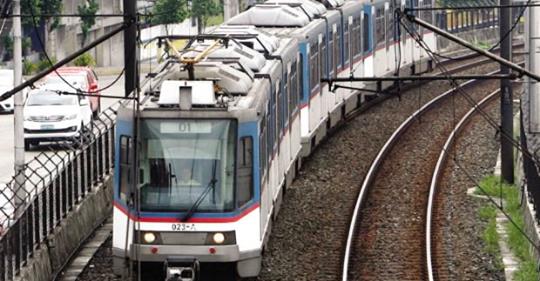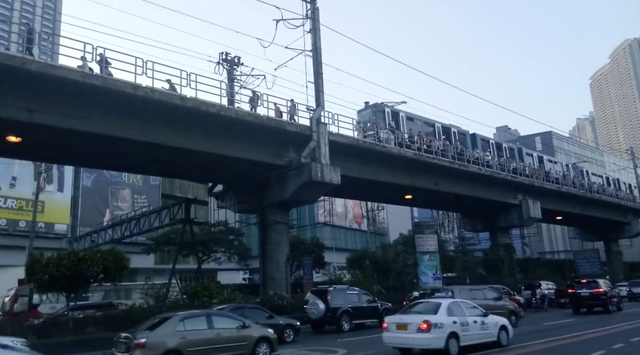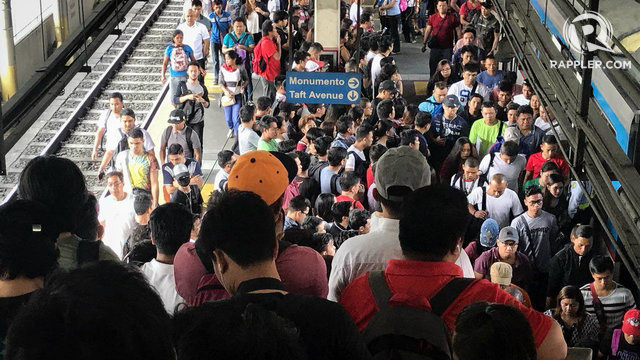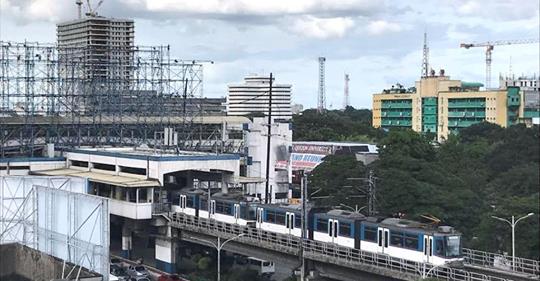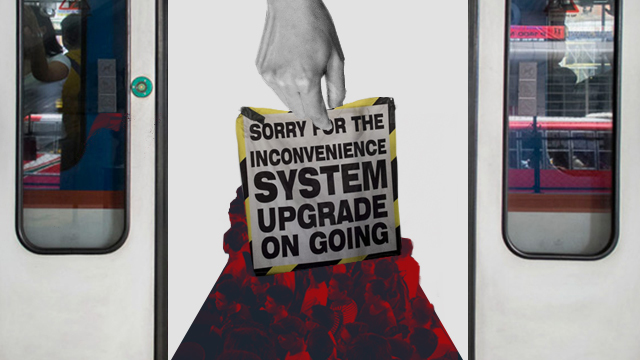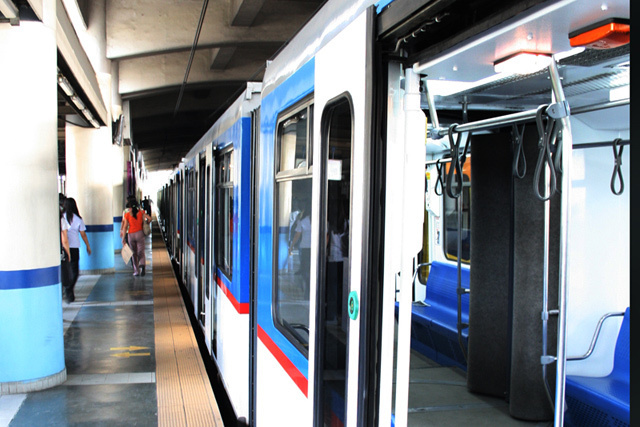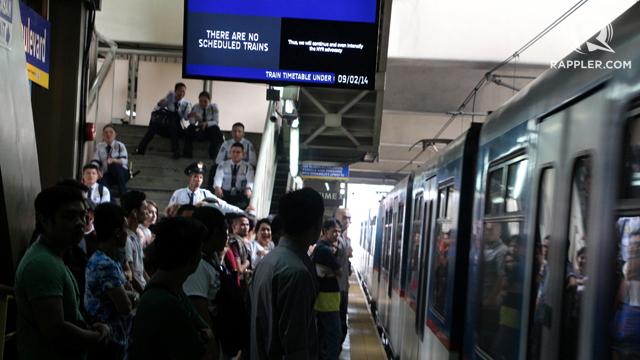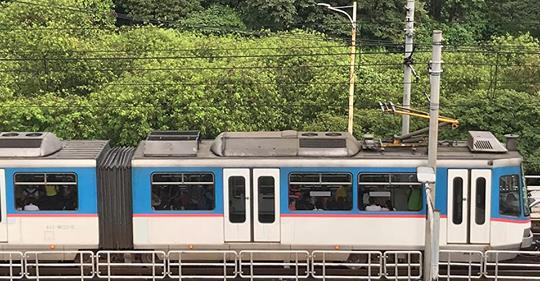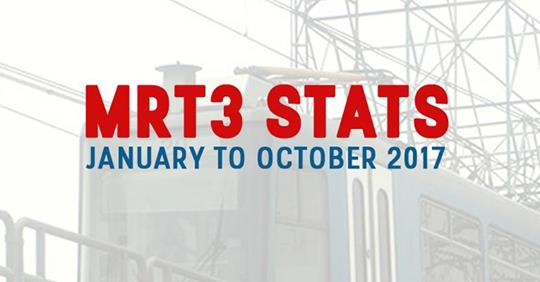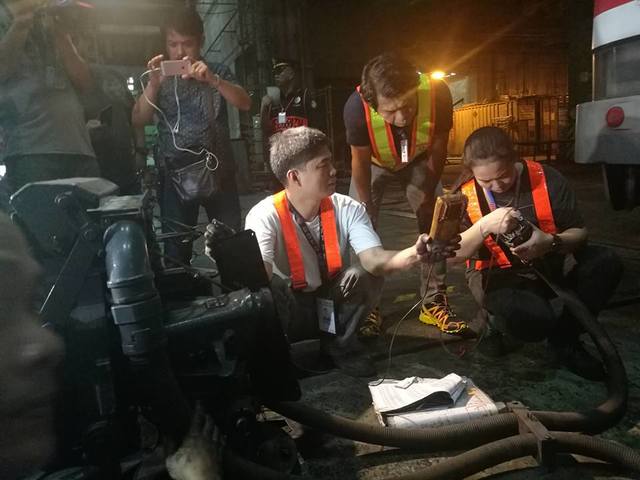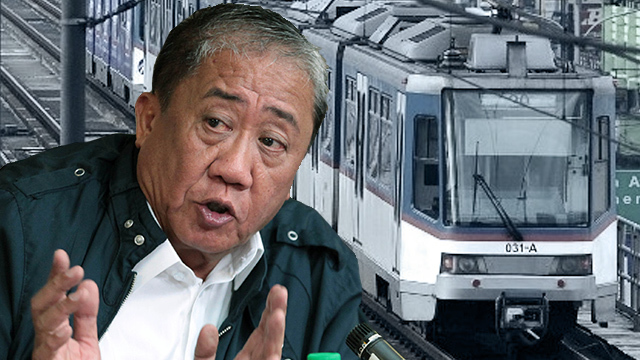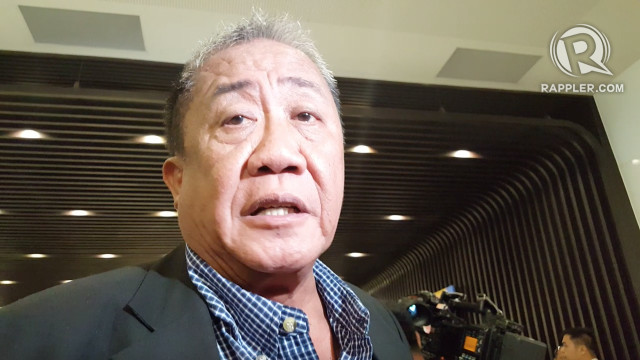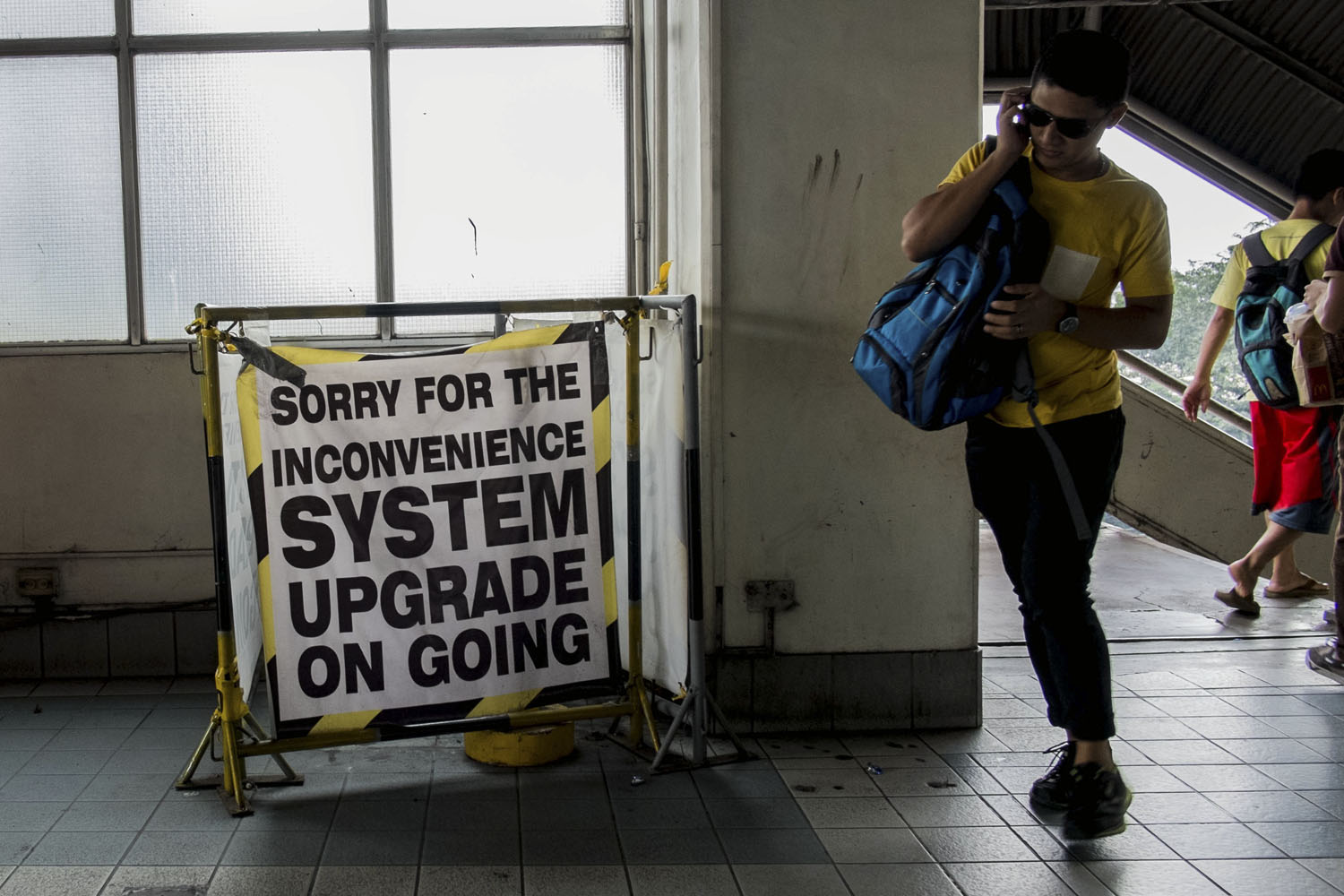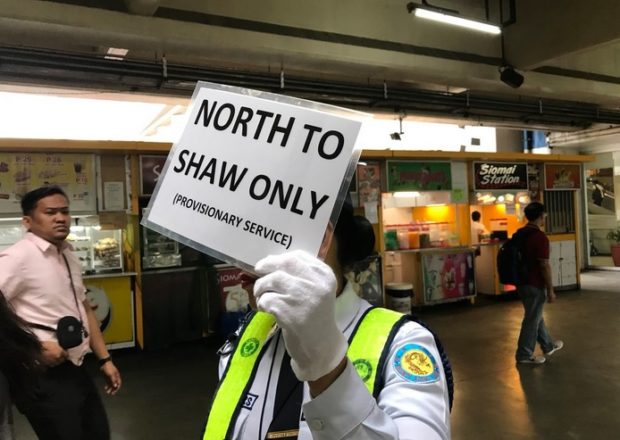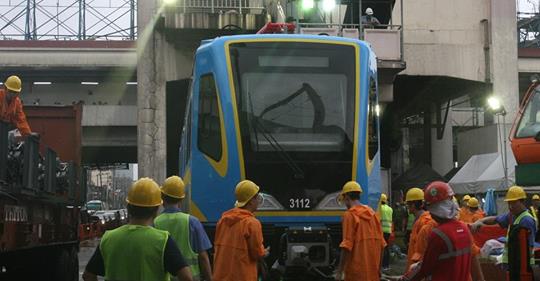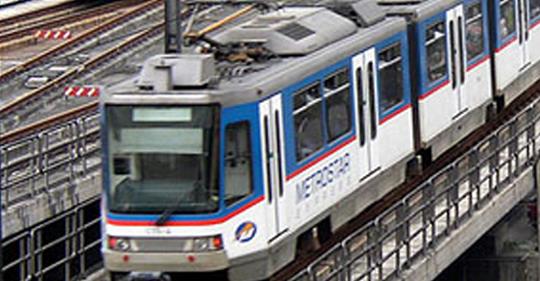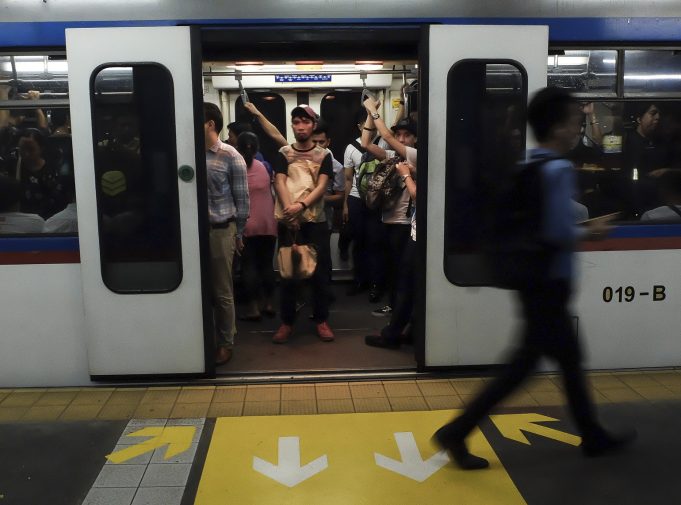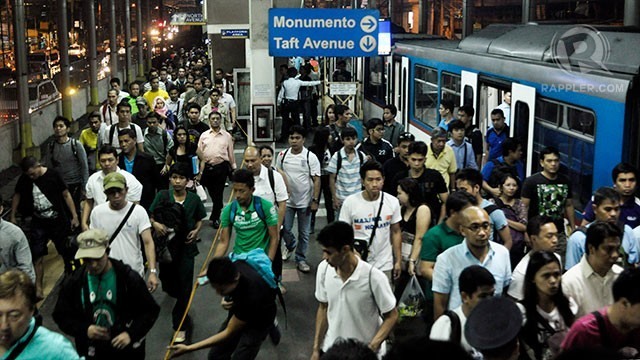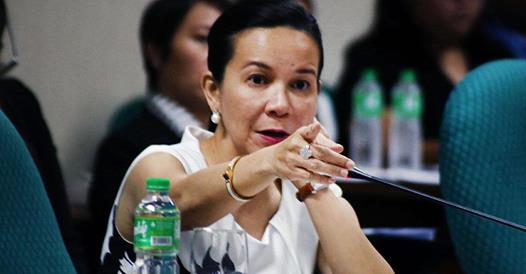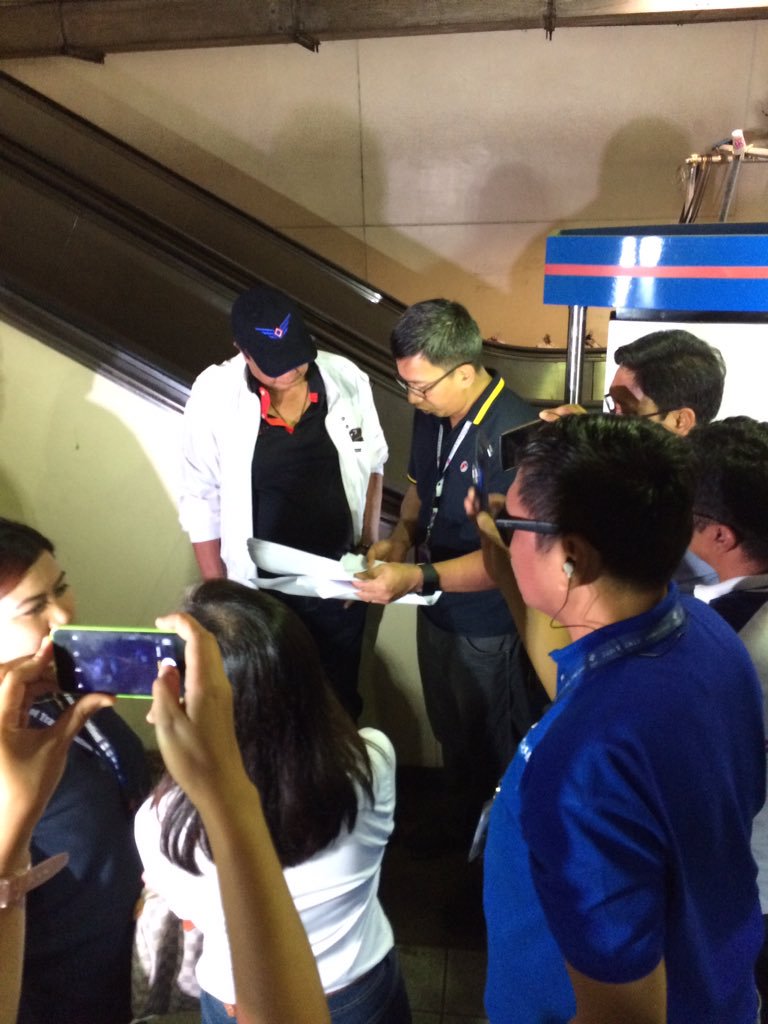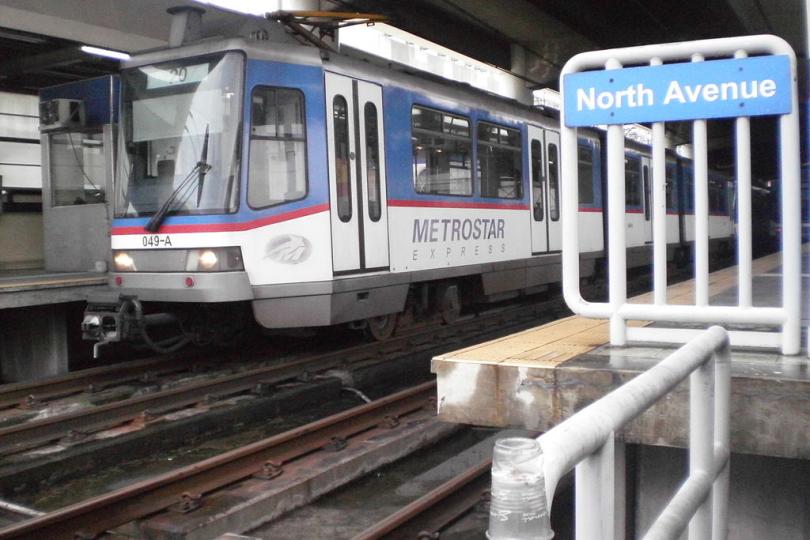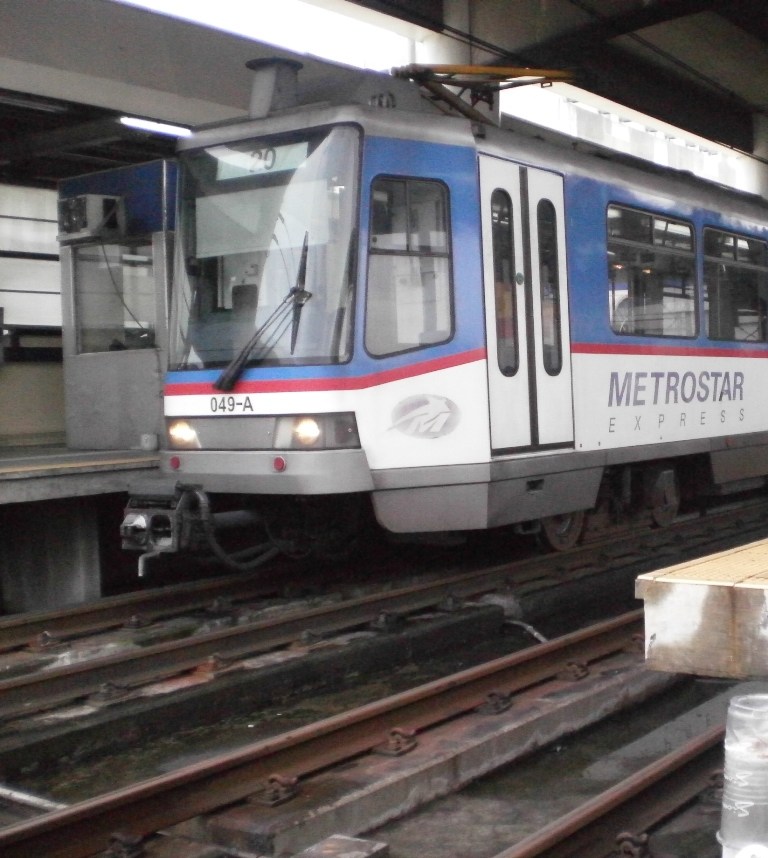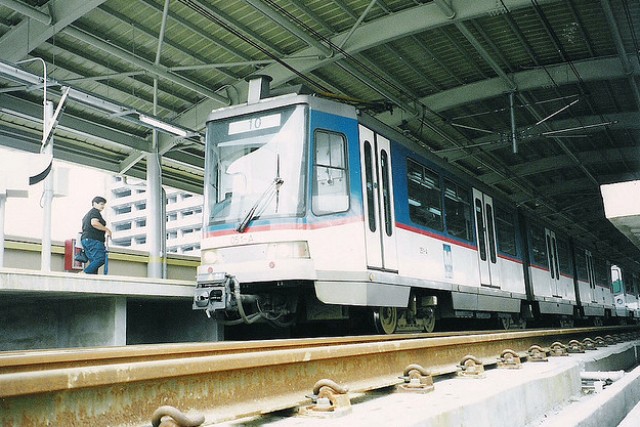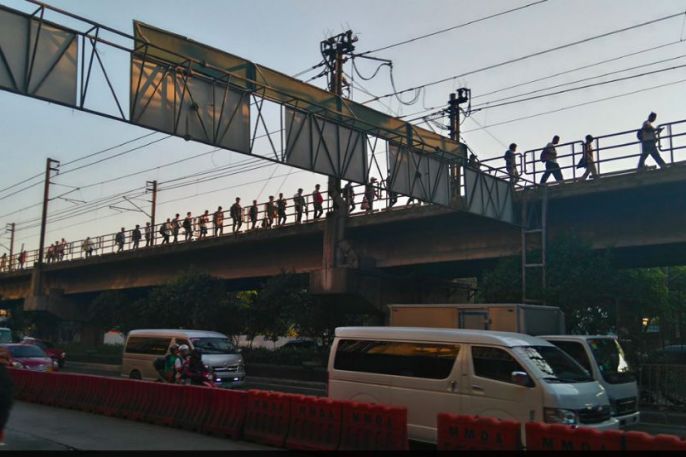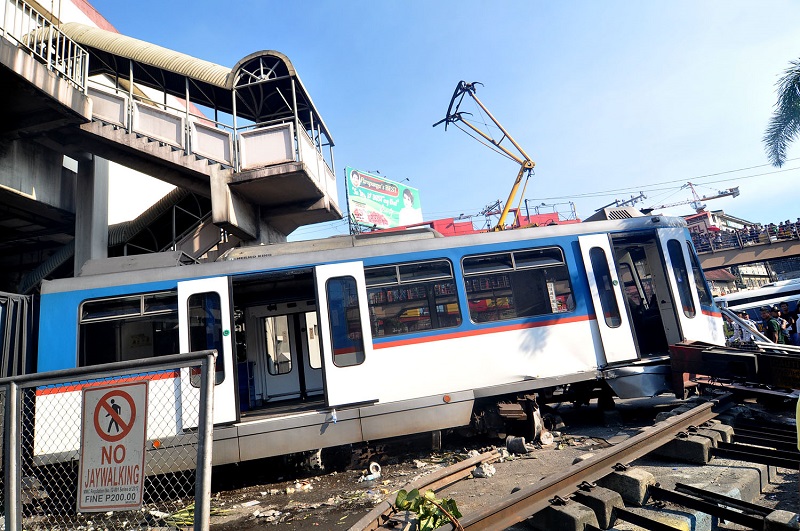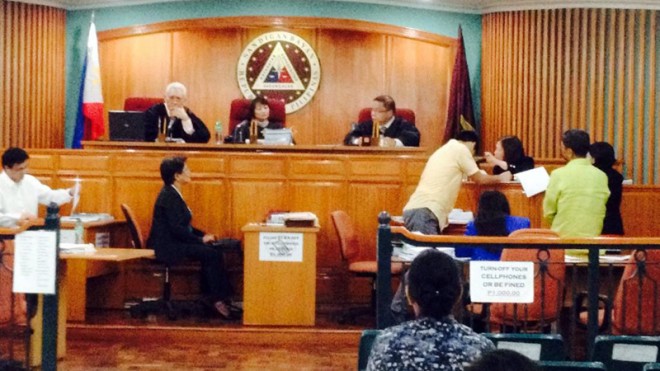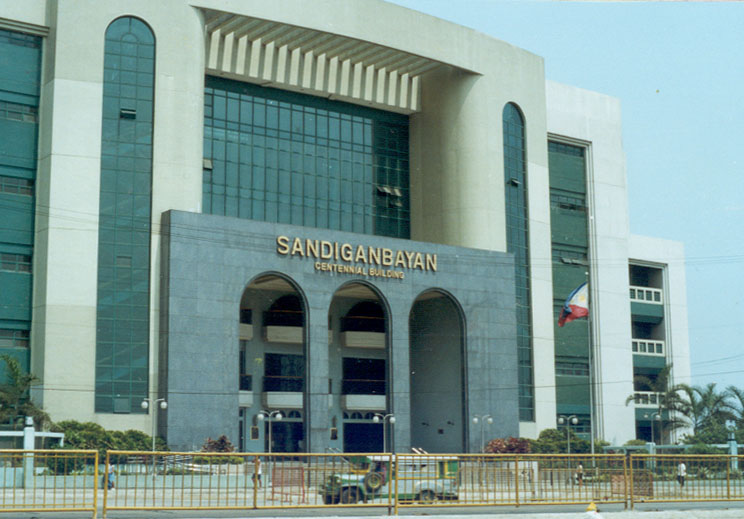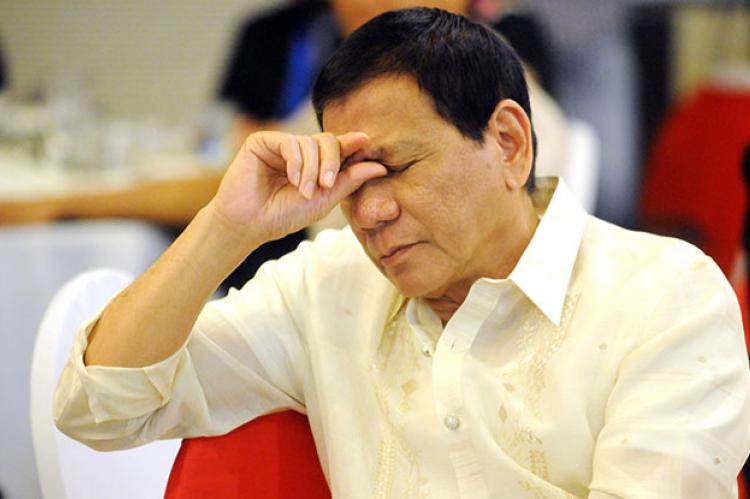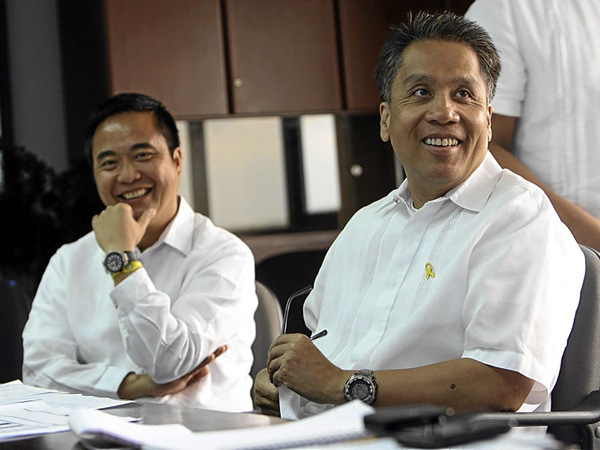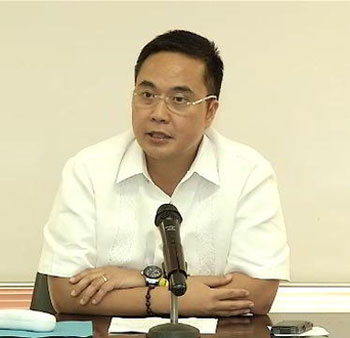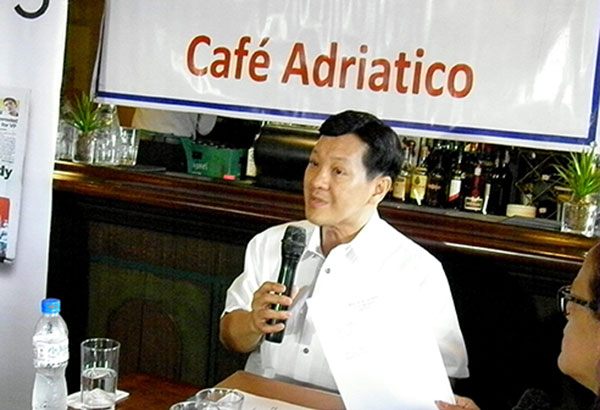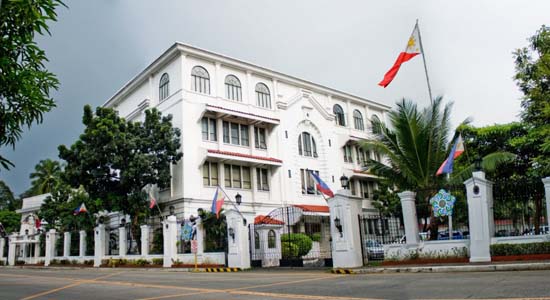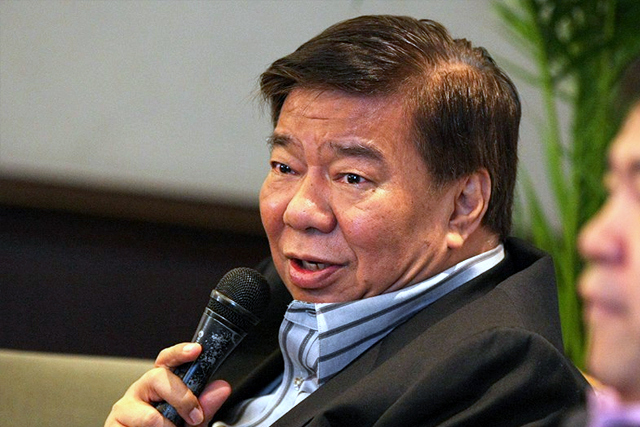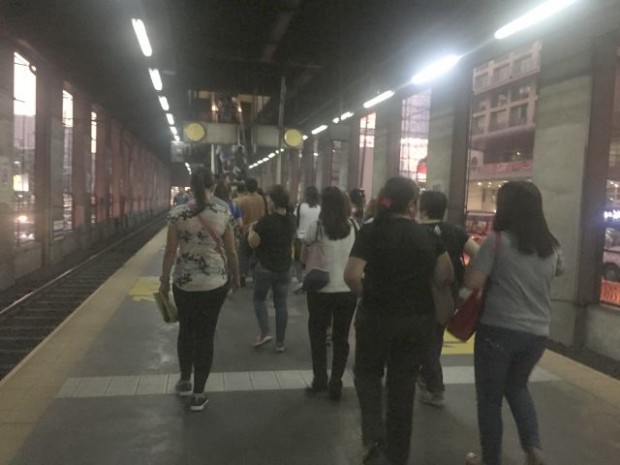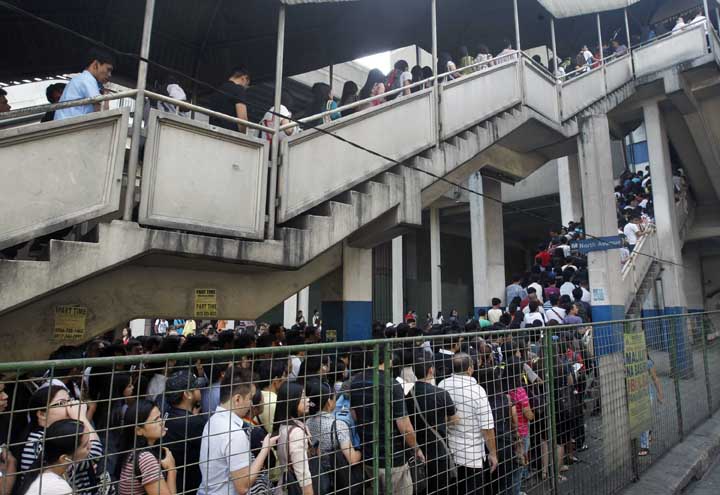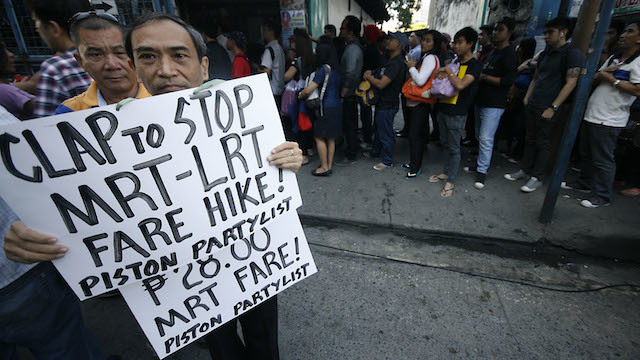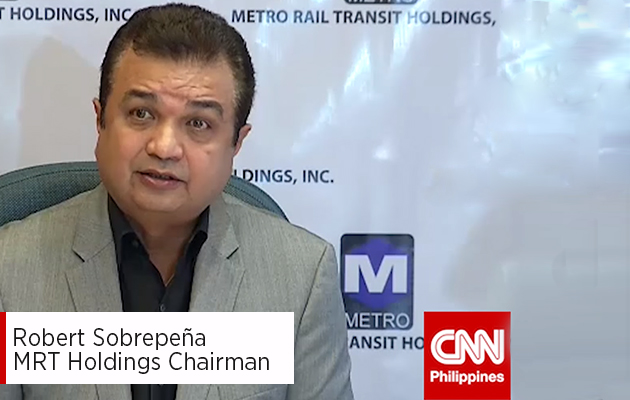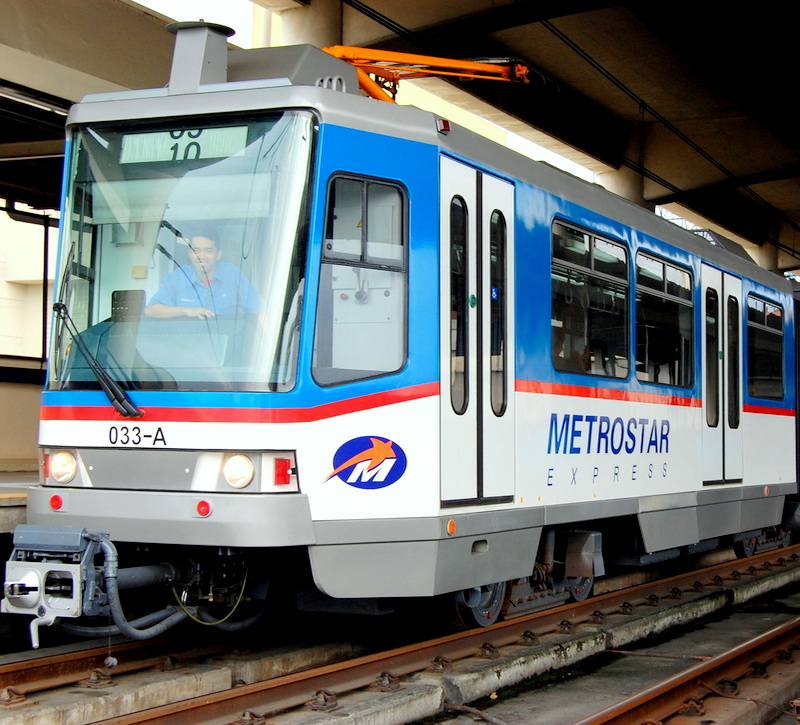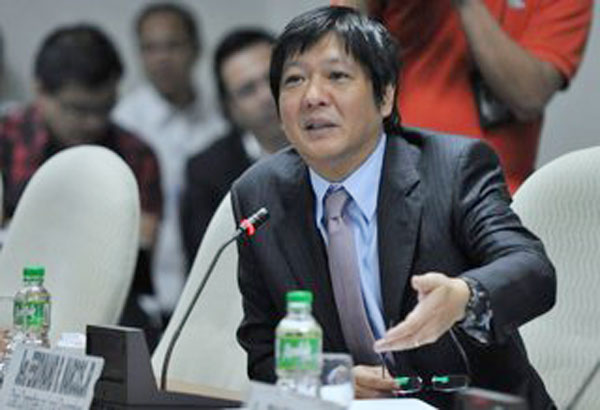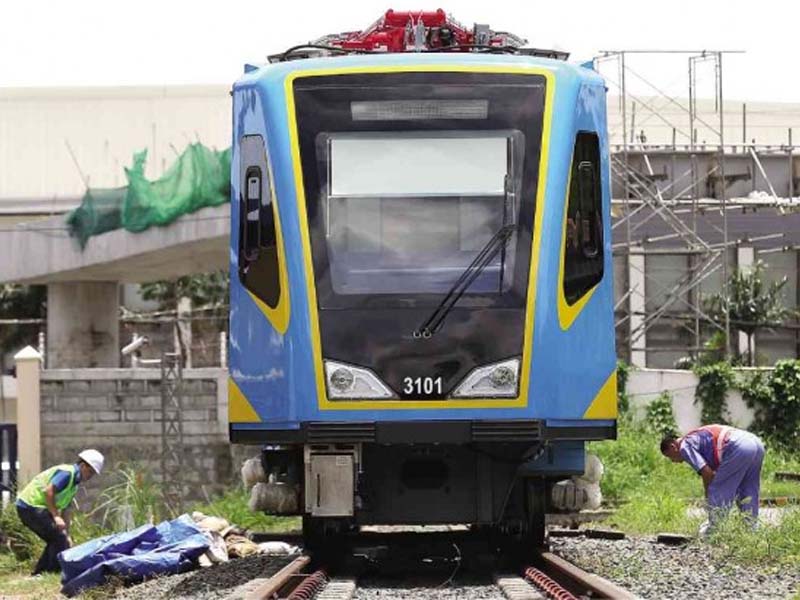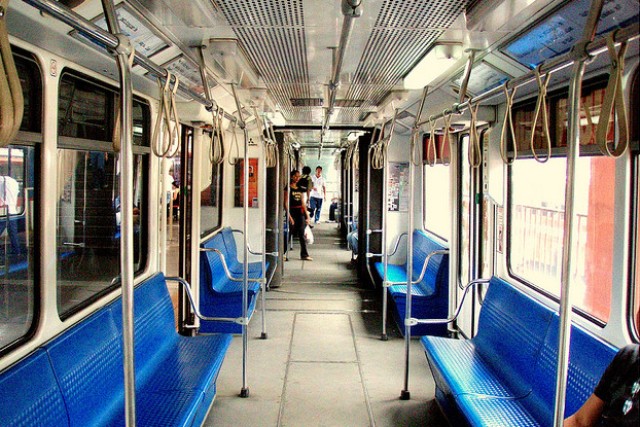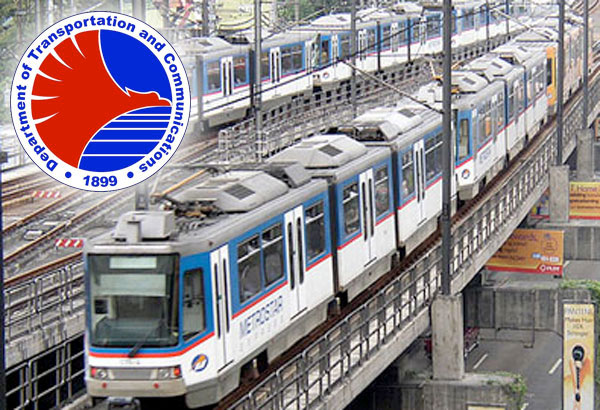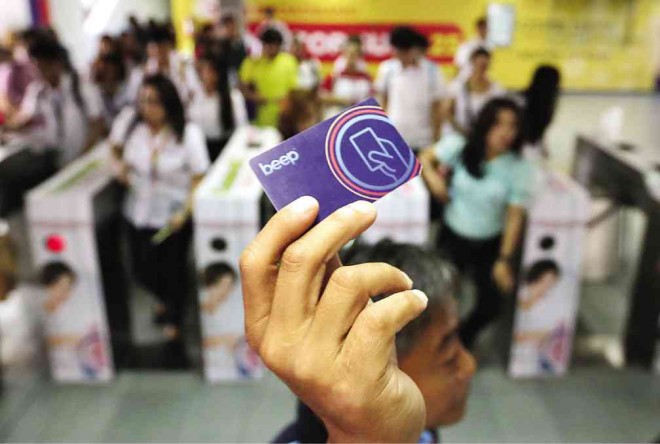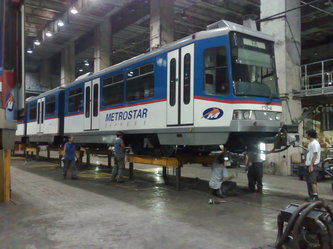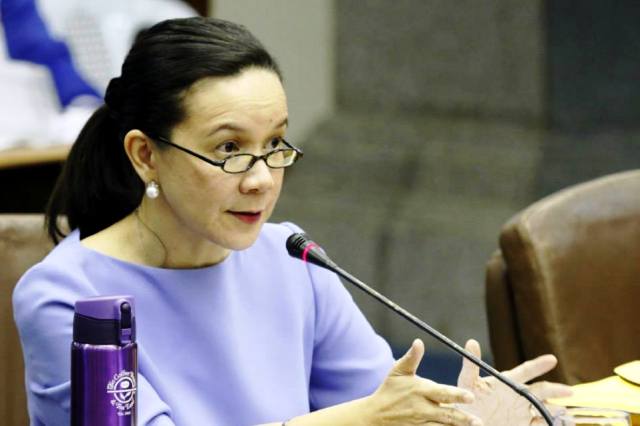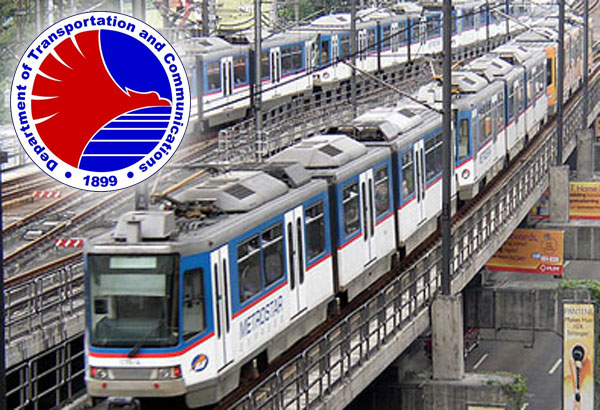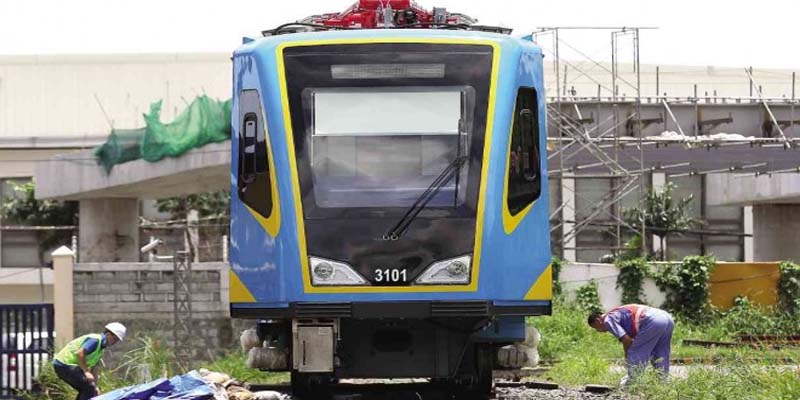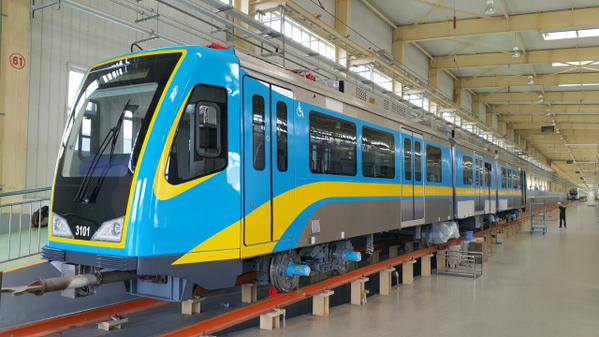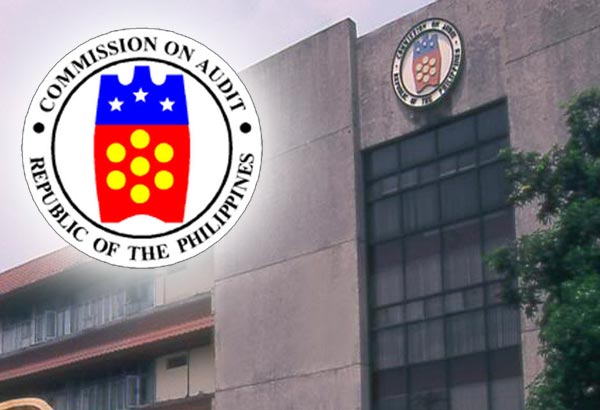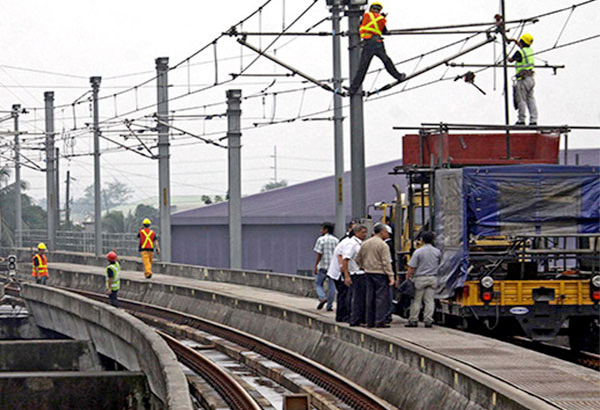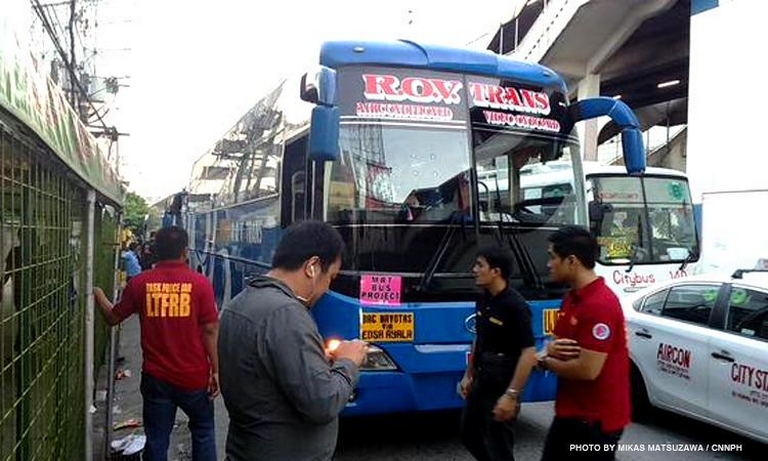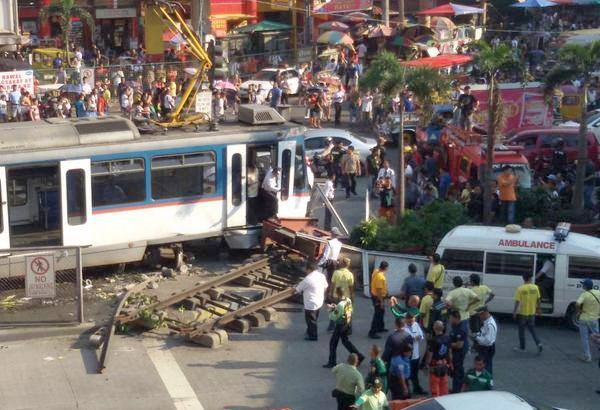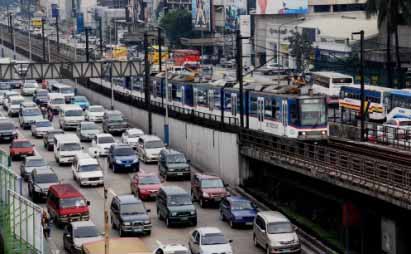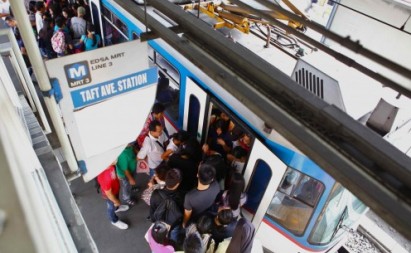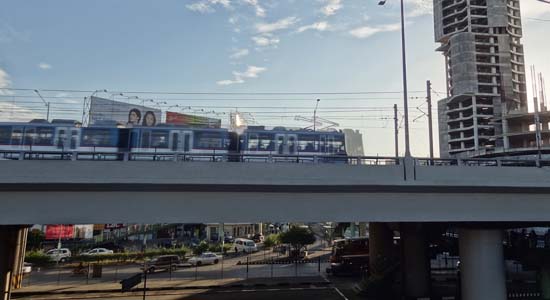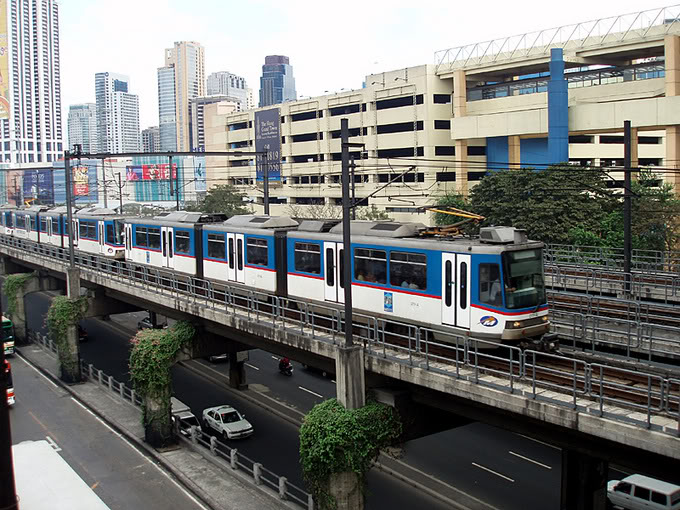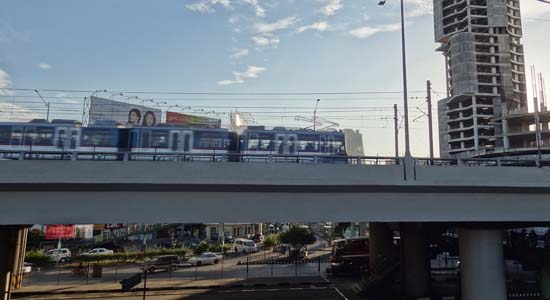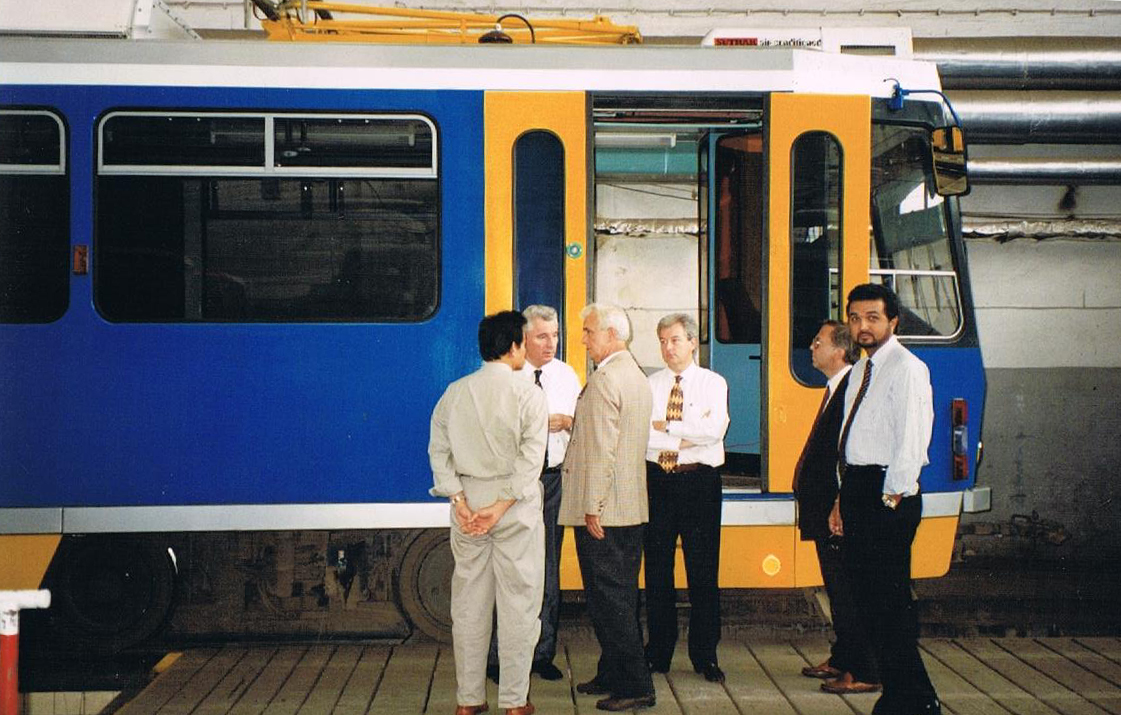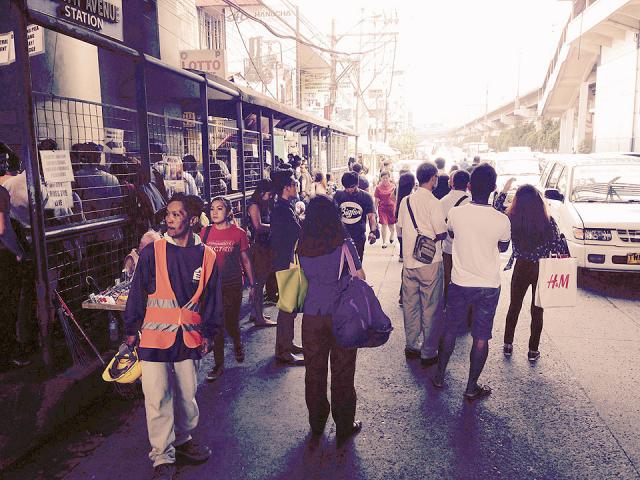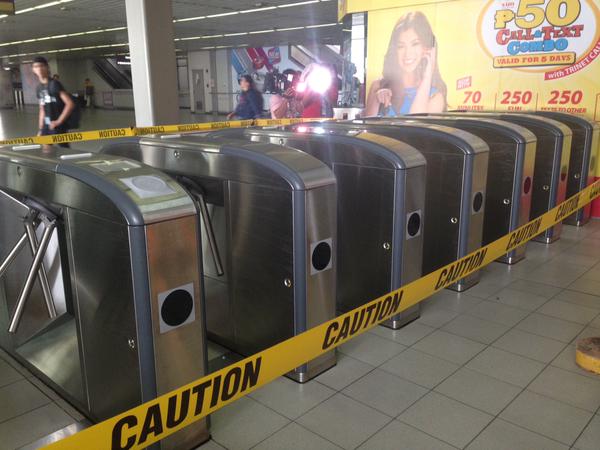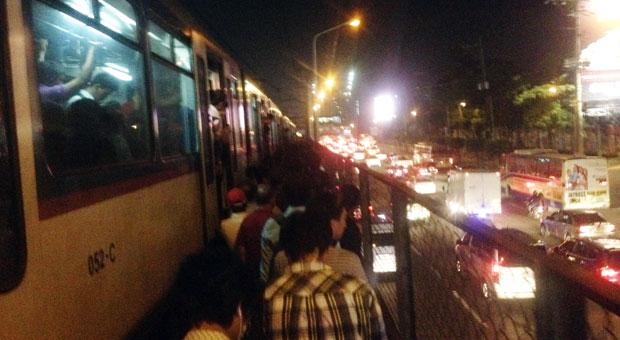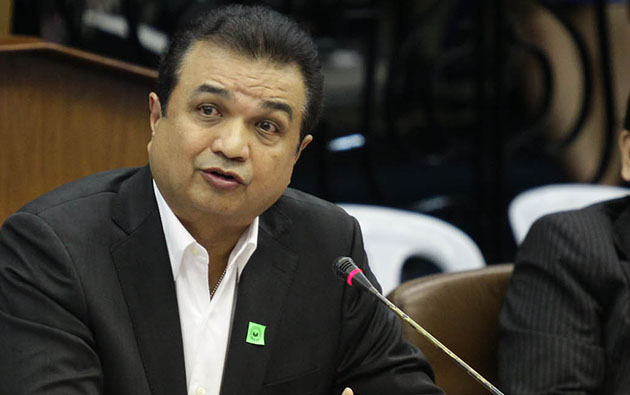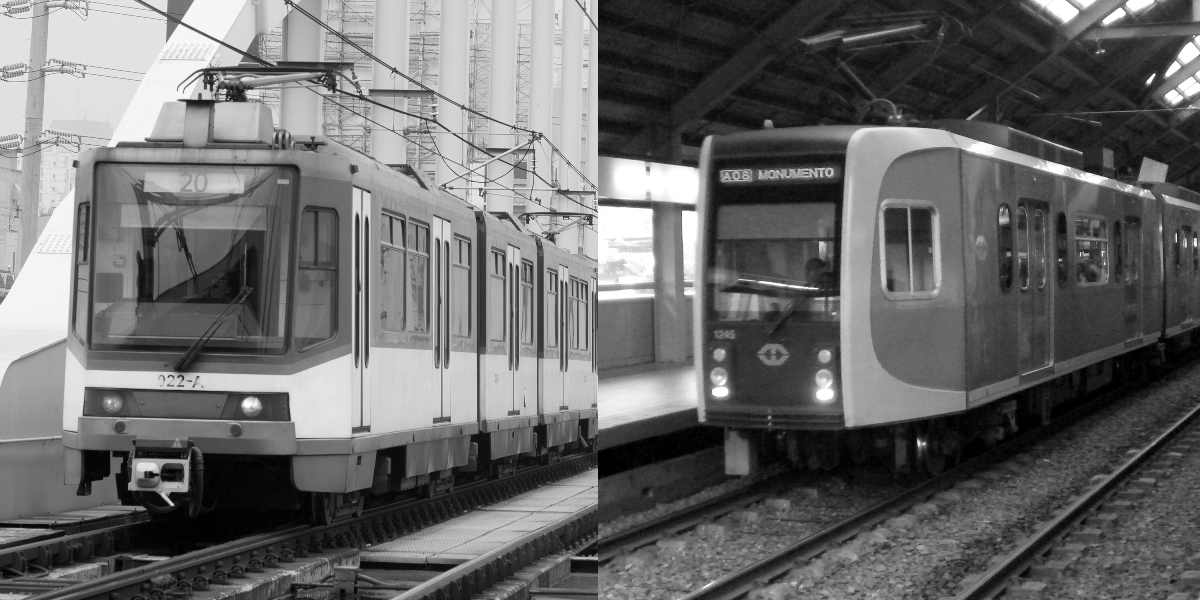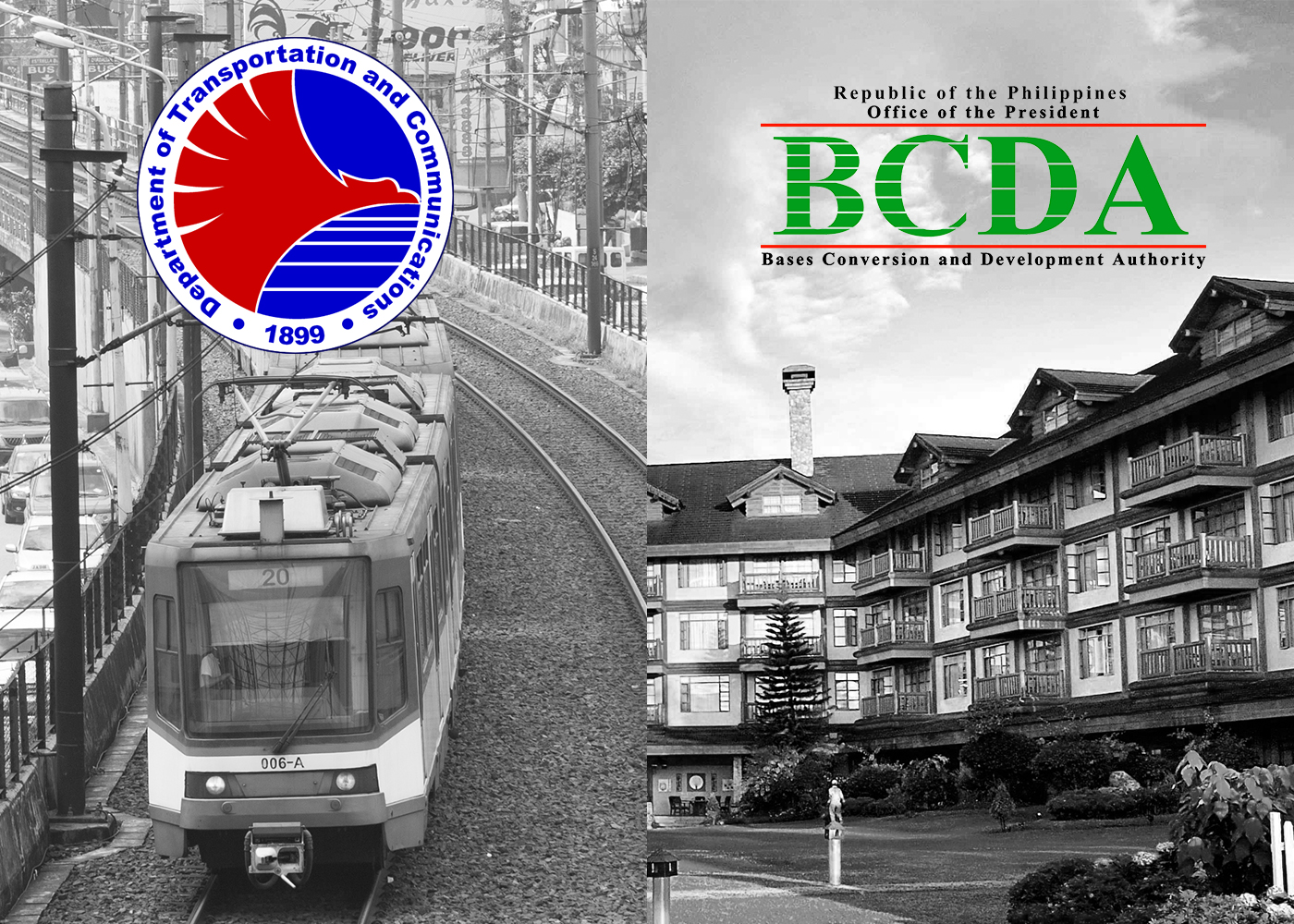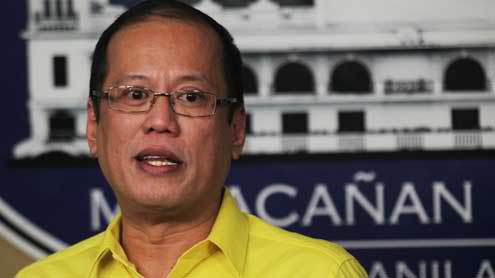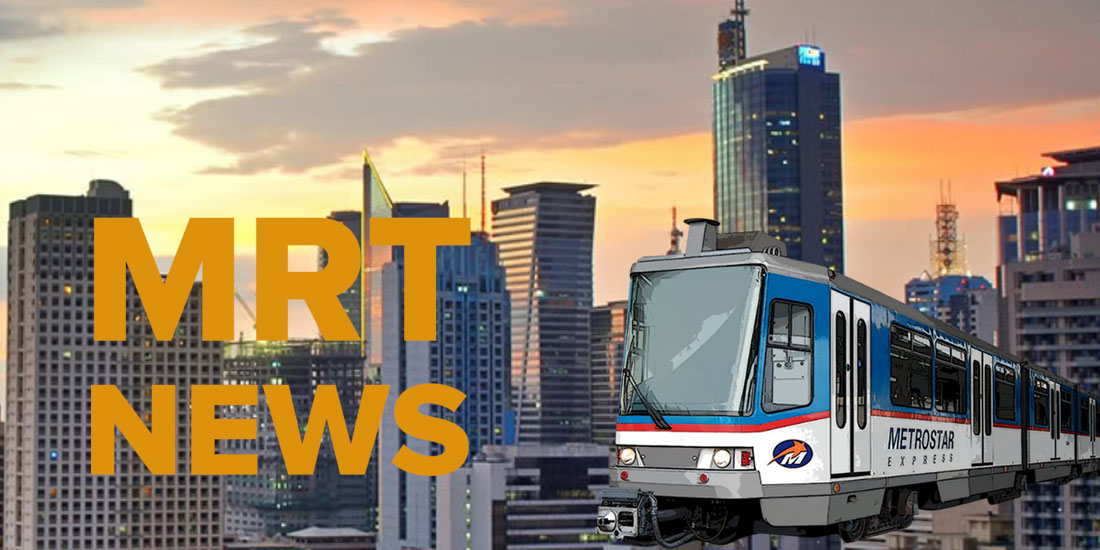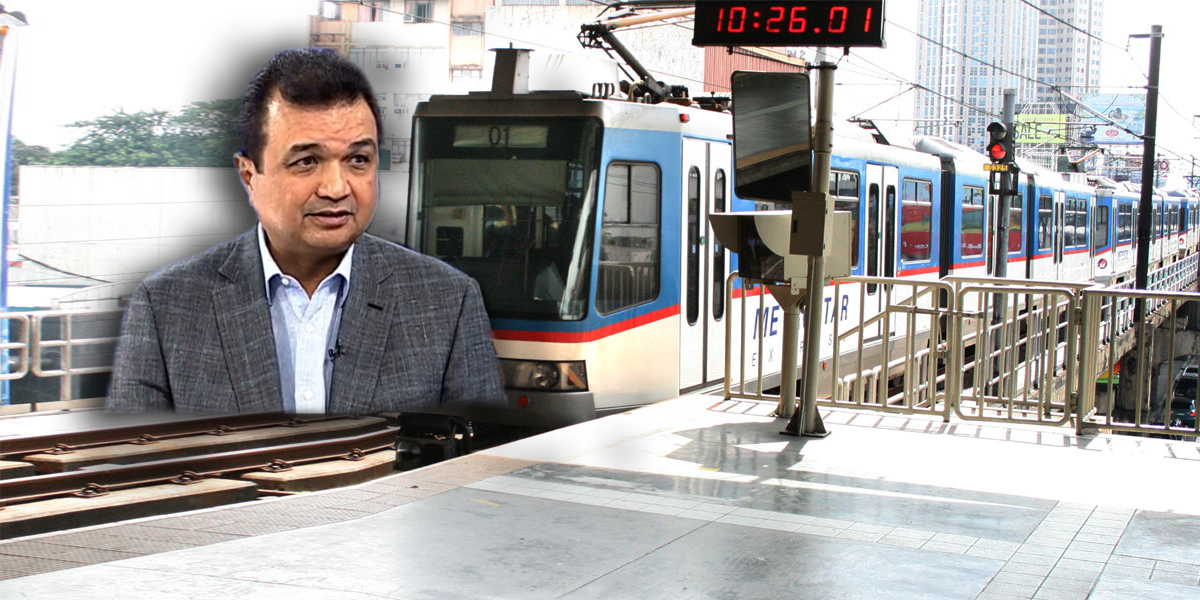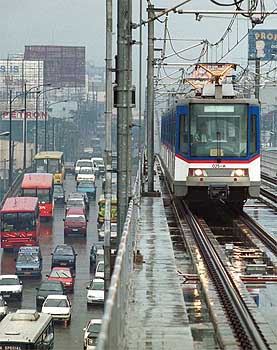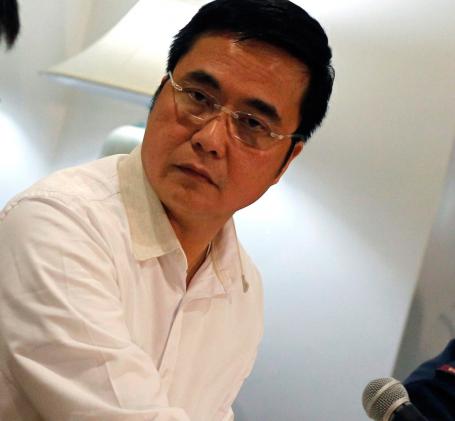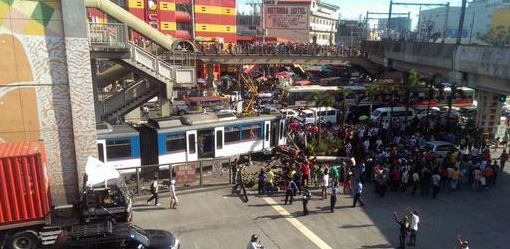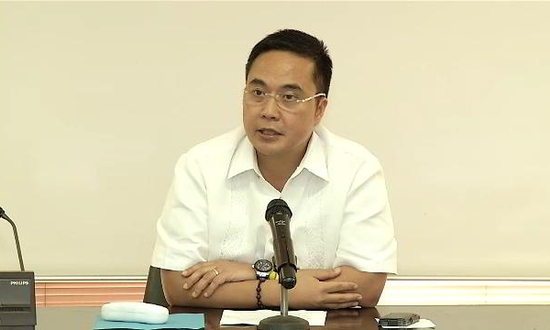By Jarius Bondoc | The Philippine Star | January 11, 2016
“You morons,” a retired general texted about the P-Noy administration. “You will phase out jeepneys older than 15 years, in the name of modernization. Yet also to ‘modernize’ you buy combat-utility helicopters that are 50 years old.”
The general might cuss louder if he learns that the jeepney phase-out that Transport Sec. Joseph Abaya is so eager to sign has a timetable. And in that timetable the actual phase-out is to begin in 2017 – well after the administration would have bowed out.
We don’t know if Abaya is staying on beyond June 2016. What we know is that he’s the foremost cause of traffic in Metro Manila and surrounding provinces. Instead of expanding the commuter rails – and so phase out the jeepneys by natural attrition – he dilapidated them. He just couldn’t limit himself to policymaking and regulation; he had to meddle in contracting. (Exposed in documented detail in this column for the past 20 months is his grant of lucrative deals to unqualified Liberal Party-mates. P-Noy insensitively sneers to the public that he’ll keep him in office to the end.)
Motorists and commuters would seethe from a similar scam in the making, this time at the Philippine National Railways. There an Abaya U-Sec is blocking a proposal that could decongest both road traffic and the Port of Manila. That U-Sec is stealing the idea for sinister ends.
The victimized proponents are M-Rail, a subsidiary of Meralco, and International Container Terminal Services Inc., operator of the Manila International Container Terminal. To unclog the Port of Manila, ICTSI sees a solution in moving tens of thousands of cargo containers to its inland terminal in Calamba, Laguna. Trucking the containers would clog the South Luzon Expressway, however. The alternative is to do it by train, from the PNR’s Tutuban central station in Binondo, Manila, to Calamba. There, importers would pick up their cargoes, so less traffic in the big city.
The PNR’s rickety old tracks can carry only light passenger railcars. M-Rail and ICTSI offer to replace those with thicker gauges for heavy cargo loads – at no cost to the government. They would then lease the same new tracks under terms set in the PNR Charter – for income to the government.
The U-Sec prefers to bring in his own contractors, though. Kickbacks are to be made from the purchase of the largest rails to the smallest nails.
The U-Sec’s scam follows the modus operandi employed on Metro Pacific Group. The conglomerate in 2010 had bought out the Metro Rail Transit Corp., private owner-builder of MRT-3, for $110 million. It then offered to DOTC to invest an initial $600 million to expand the railway by 80 km from the present 17 km along Epifanio delos Santos Avenue. New stations first would include the Port of Manila and the international airport, then Cavite and Tagaytay City. The gap between the LRT-1 and MRT-3 in northern Metro Manila would be linked, then connected with the soon-to-rise MRT-7 from Bulacan. Half the amount would go to acquiring hundreds of new coaches. Frequency of train dispatches would be every two minutes, like in megalopolises in Europe, America, Australia, and Asia.
The DOTC under then-Sec. Jose de Jesus was so excited that it fired off a memo at once for P-Noy. The proposal would solve the inability of the old MRTC owner to expand due to capital lack. It could address the side issue of the Bangko Sentral ordering two state banks to unload the MRTC economic shares they had gobbled up in 2009. Metro traffic and housing shortage would ease, and investments and tourism would soar. The National Economic and Development Authority that P-Noy chairs would do well to endorse the unsolicited proposal for Swiss challenge under the Build-Operate-Transfer Law.
Soon afterwards Mar Roxas and then Abaya succeeded as transport chiefs. They made P-Noy believe that bidding out the expansion, operation, and maintenance themselves would be better. Metro Pacific’s idea was stolen.
The expansion was chopped up. A mere 12 km was assigned to the LRT-1, in a controversy in which the superior bidder was eased out. Abaya last Aug. – two months before any work was set to begin – attempted to recompense one of the winning partners P4.5 billion in damages. The amount was for his DOTC’s (deliberate?) failure to fulfill right-of-way and safety commitments.
The supply of a mere 48 coaches, overpriced at P3.85 billion, was assigned to a Chinese firm that does not make motorized units, only railcars pulled by locomotive. Abaya received the first two prototypes last Aug. and Dec. – both engineless and thus untested for 5,000 km, in violation of the contract.
Maintenance of the MRT-3 was taken away from the 12-year-long contractor, giant Sumitomo Corp. of Japan. In its place was brought in Abaya’s LP-mates in two-month-old, undercapitalized PH Trams, then Global Epcom. Paid P1.85 billion from Oct. 2012 to July 2015, the firms’ shoddy work led to dilapidation of the trains, tracks, signaling system, power supply, and stations. Epcom stayed, till last Friday as maintainer of the station lights and toilets, for tens of millions of pesos a month.
Last Friday took over under a shady three-year P3.81-billion deal Korea’s Busan Transport and four little-known Filipino “principals.” It was by rigged closed-door negotiations instead of open bidding, under an Abaya-contrived “emergency.” The four Filipinos are into anything but railways: real estate, trading, agricultural supply, and plumbing. Abaya’s LP-mates have found new fronts.
The takeover by Busan et al was four days late. Abaya sought to downplay it by claiming that there was “confusion over language.”
Only a moron would believe Abaya’s lame excuse. As far back as Aug. Busan already received his 447-page project prospectus. Sections III and IV detail the “General and Special Conditions of Contract,” and Section VI the “Technical Specifications.” Surely Busan, with a net worth of P138 billion, would have English-speaking lawyers and engineers to comb through the document. Abaya would do well to tell exactly where, six months later, the language confusion was. Better still, as VP Jojo Binay and Sen. Grace Poe say, he should make public the P3.81-billion contract to be borne by Filipinos.
 Twitter
Twitter Facebook
Facebook